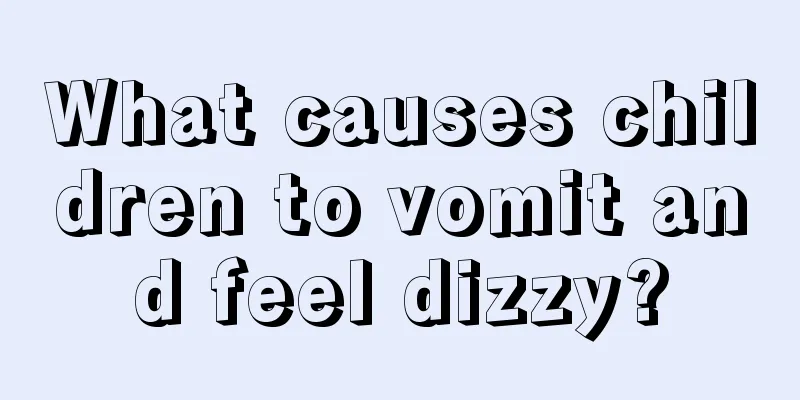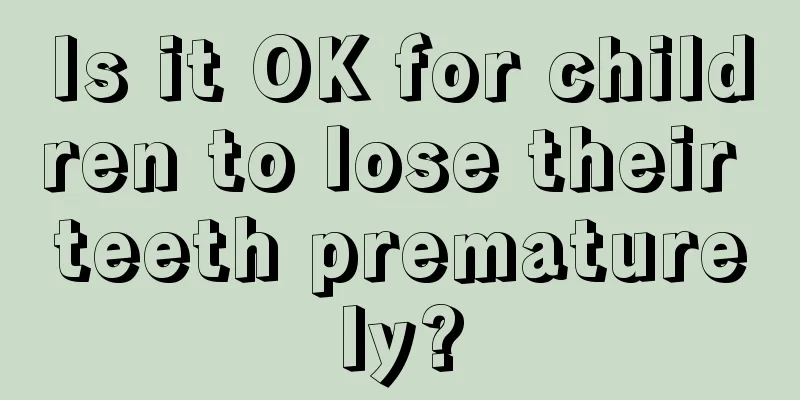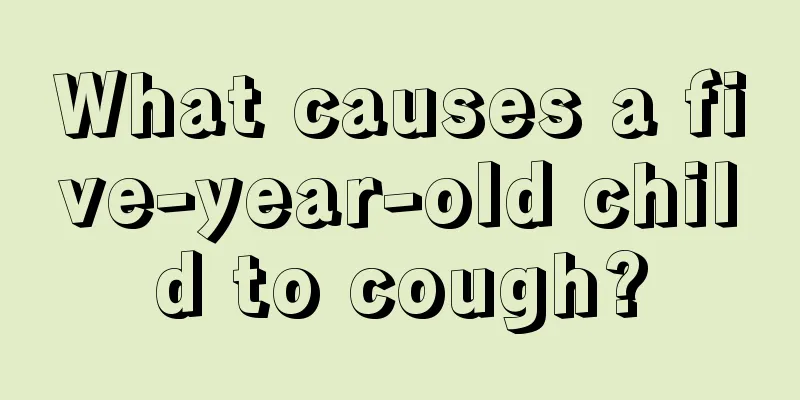The child's lower lip suddenly swells

|
If the child's lower lip is swollen, parents must understand the specific reasons. First of all, this may be related to the dry weather. Children have poor self-control. When the weather is dry, they may involuntarily lick their lower lips with their tongues, which makes swelling prone to occur. Of course, it is also angioedema, which can cause cheilitis in children. Let's take a look at this aspect. The child's lower lip suddenly swells Allergic cheilitis is a cheilitis caused by contact with allergens. Allergic cheilitis (angioneuroic edema) and contact cheilitis (contact cheilitis) both fall into this range. The antigens or haptens that cause allergic cheilitis include certain specific foods, food additives, drugs, intestinal parasites, exudates from infection foci, animal and plant inhalants, etc. Trauma, cold stimulation, emotional fluctuations, menstruation, etc. may induce this disease. When the antigen enters the body for the second time, it can trigger a type I allergic reaction. It leads to the release of histamine, slow-reacting substances, etc., causing the expansion of mucosal capillaries, increased permeability of the vessel walls, and tissue edema. Contact cheilitis is a type IV allergic reaction caused by direct contact of the red part of the lips with allergens, such as lipstick, various cosmetics, and certain medicines. Clinical manifestations It is more common on the upper lip, with diffuse swelling and unclear boundaries, and may also affect the nose and cheekbones. The lips are prominent and upturned, tight and shiny, flexible to the touch, and without pitting edema. The skin around the mouth is normal or slightly red. There is no other discomfort except tightness, swelling and mild itching and heat. Other loose tissue parts of the patient's body may also be affected at the same time, such as eyelids, earlobes, scrotum, tongue, pharynx, etc. may also swell. Excessive swelling of the tongue and throat may affect the esophagus and airway, causing difficulty breathing, chest tightness, palpitations, and even suffocation. Lip swelling often occurs suddenly, lasts for several hours, and then gradually subsides without leaving any trace. If the disease recurs repeatedly in the same area, the swelling may persist or not subside completely, making it difficult to return to its original state. It is a delayed allergic reaction. Similar lip symptoms often occur after a period of contact with allergens such as lipstick. But there is no swelling in other parts of the body except the lips. The lesions are mainly located on the lips, but can also spread to the surrounding skin. Symptoms are relieved after contact stops, but worsen again when used. The main symptoms in the acute phase are redness, swelling, blisters, erosion and scabs; the main symptoms in the chronic phase are dryness, desquamation, chapped skin and thickening of the mucosa. Chronic recurrent attacks may develop into white spots or wart-like nodules. Chronic contact cheilitis may become cancerous and should be taken seriously. |
<<: What to do if your child's hand is swollen after being bitten
>>: My child's glasses are swollen, what's wrong?
Recommend
What is the cause of the small hole in the baby's heart?
Babies are a special group because they have poor...
Why do children have precocious puberty?
In recent years, precocious puberty has become a ...
What to do if children are physically weak
The wish of every parent with children is the sam...
Treatment of pharyngeal follicles in children
As parents, when our children develop pharyngeal ...
Treatment of tonsillitis in children
Tonsillitis in children is mainly divided into ac...
What should children eat to nourish their brain and improve their memory?
Many parents hope that their children will have a...
Let neonatal dacryocystitis heal itself
Dacryocystitis in newborns, also known as congeni...
Is it normal for newborns to be sleepy?
Generally speaking, newborn babies basically slee...
Slow growth of children's teeth
The baby has reached the stage of teething, but m...
What are the three symptoms of growing pains in children?
There is a type of children who have a special ph...
How long does it take for a baby to take cod liver oil?
Every time when the family hires a confinement na...
Why does my child feel itchy all over his body?
At the beginning of summer, due to the change of ...
How to make nutritious porridge for babies
In life, many mothers will feed their babies nutr...
What are the disadvantages of children losing their temper?
Nowadays, many families have only one child, so t...
Can children eat Cordyceps flowers?
There are still many differences between children...









